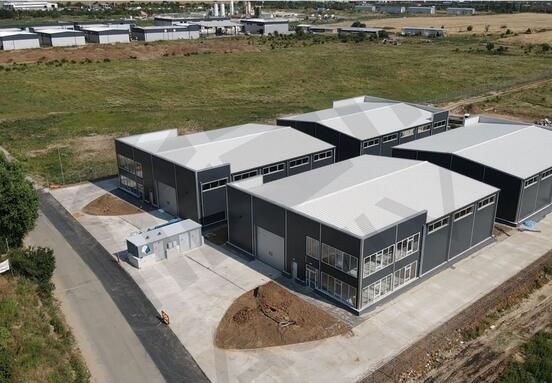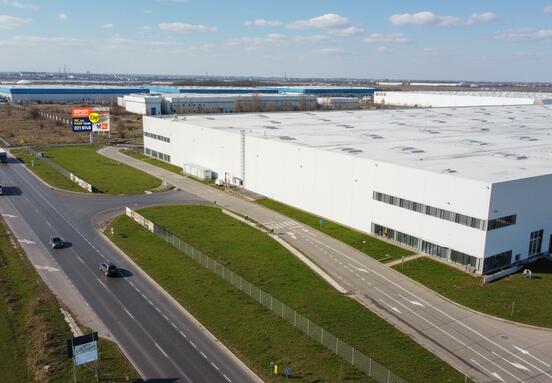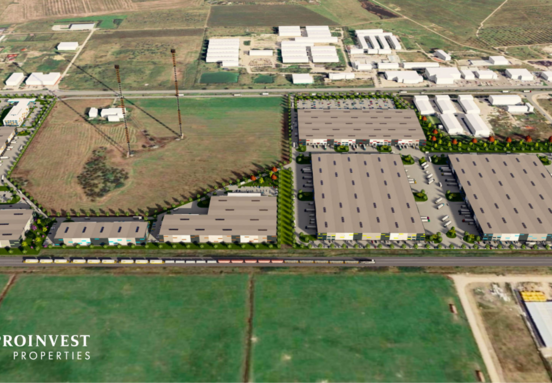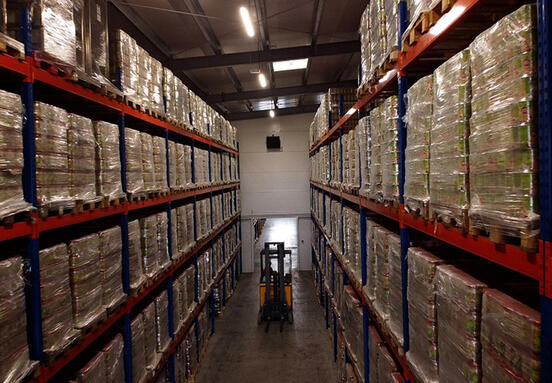COVID-19 IMPACT ON CEE MARKETS
“The impact of the virus on the real estate market is increasing and the immediate impact will be felt during Q2. However, slowly, but surely the lockdown procedures in place seem to be paying off in Europe with some indications of partial reopening of national economies”, said Jos Tromp, Head of Research, Continental Europe, CBRE. Generally, office-based jobs will be less affected than others, such as retail, leisure and hotels, but office vacancy rates are still likely to rise.
On the European investment markets, since end of March, activity has decreased with an increasing number of deals affected, according to CBRE. “Bid-offer spreads have emerged in a number of sectors and countries, with potential discounts of 5-10%. To avoid a stronger impact, all parties in the industry should work together by showing flexibility and build long-term partnerships”, added Jos Tromp.
ROMANIA INVESTMENT PARADIGM
New launches of investment product in Romania remain rare, however CBRE still launched recently the sale of a very large brownfield plot in Bucharest and investor interest was higher than expected. The challenges imposed by limitations in movement will be addressed to the extent possible by organizing virtual site tours.
“We expect overall that investment volumes in 2020 will be roughly 50% lower than originally expected and that only in 2021 we will see a return to volumes in excess of 1 billion euros this on the back of our view that demand for property as an investment class generally will not be impaired by this crisis”, stated Gijs Klomp, Head of Investment Properties, CBRE Romania.
RETAIL CONTEXT
The food and beverage and entertainment sector was hit the most and might look very different after the crisis with vacancies expected to be higher than 30% by the end of the year. „Overall, collection rates went down dramatically, the April average in shopping centers has been between 10 and 20% until now and May collection is expected to be even lower. As such, beside the short-term measures of cost savings taken, landlords have already started discussions with their banks to defer payments and are treating the talks with retailers very maturely”, declared Luiza Moraru, Head of Property Management, CEE, CBRE.
Property managers play a vital role going forward in taking the right steps to slowly rebuild the consumer trust and give back the shopping centers to the clients. Managers have to implement safety and social distancing measures while not infringing the feel of freedom and excitement and will redefine all areas of the mall.
„The way we do marketing will be fundamentally changed as we will redefine the customer journey, both physical and digital. The level of technology in shopping centers has to increase with a large span of tools available and usable. Operations will change with the integration of technology and new health & safety standards”, added Luiza Moraru.
OFFICE MARKET AND VIRTUAL TOURS
Office construction sites of developers like One United, Skanska, Forte Partners or Tiriac move as planned and on time. Regarding the leasing activity, CBRE estimates that 2020 has chances to be at 50 – 60% of the leasing volumes from last year, with renegotiations and take-up having a 50/50 share.
“Real estate is a business of tangible objects, and not having the option of on-site visits and tours is quite challenging for the office market. For occasions when going there in person is not possible, there exist a range of 3D interactive tools enabling users to conduct virtual site visits to visualise how these spaces actually look like in real world: Floored by CBRE and Panorama – our location intelligence system are tools that exist in our digital portfolio and we noticed a high interest both from landlords and tenants”, said Razvan Iorgu, Managing Director, CBRE Romania.
Looking at the leases that expire this year and next year, there will be approximately 300,000 sqm that will have to decide what to do next. Around half of this will turn to a renewal and renegotiation solution, and the other half might lean towards existing or pipeline projects, according to CBRE. As in Romania schools will not reopen until September, we will continue to see a dominance of remote and flexible working in the next months. „Trends like de-densifying, flexible hours, extended office hours, rearrangement of the office space and health and safety measures are on everyone’s agenda”, added Razvan Iorgu.
PROPERTY MANAGEMENT AND HEALTH & SAFETY
On the property management sector, CBRE is working on redefining common areas and theirservicing by creating clear traffic corridors, specific health and safety measures such as UV filters, door handle covers, lifts buttons protections, HVAC servicing, natural ventilation.
„We expect that the operating hours of office buildings will be longer going forward. Many tenants will choose to work in shifts as well or have flexible hours. As such, the operational costs of the buildings are expected to raise in a moment when cost efficiencies are essential”, said Luiza Moraru.
Whilethe focus on operationalcostswillremain relevant in thenextcouple of years for occupiers, propertymanagerswillneedto come with creative solutionsto incorporate theHealth&Safetycosts in thecurrentbudgetsandtomakethebestuse of thisopportunityto create theemotional bond betweenoccupiersandtheirworkplace, accordingto CBRE.
WAREHOUSES LIKE NETFLIX
All construction sites for industrial sector are proceeding as normal and while speculative development might register delays, preleasesare going as usual. According to CBRE Research, there are approximately 600,000sq m under construction, out of which 70% is pre-let.
During this crisis, sales companies and production companies have been the most affected, but companies in middle section – those related to warehouse, stocking and transport (midstream companies) have been privileged.
„Imagine warehouses are like Netflix: production is rather limited, cinemas are closed, but we are all watching Netflix. Ecommerce, through logistics have filled up the void generated by traditional retail being closed, thus giving strong fundamentals for the long-term evolution of the sector. In principle, perspective for this sector are optimistic going further, yet distinctions between the future of each industry need to be made, as future will not be the same for everyone”, stated Razvan Iorgu. (source: CBRE)







